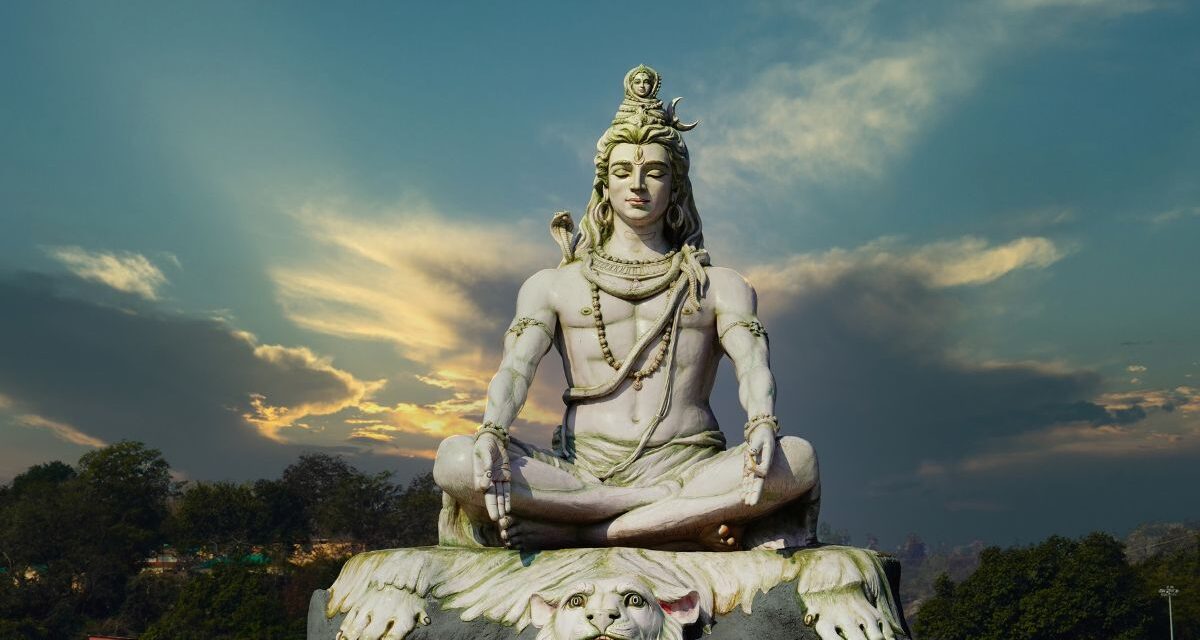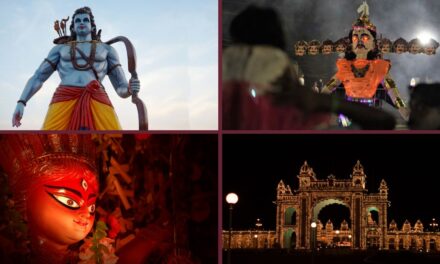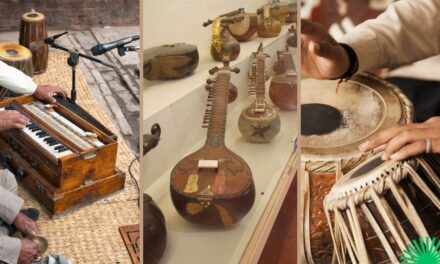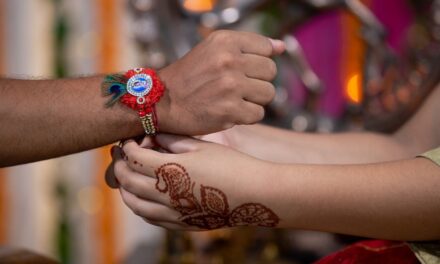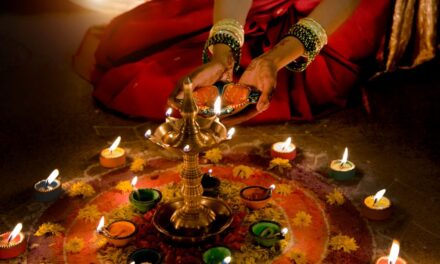Introduction and Significance of Maha Shivratri
Maha Shivratri is an Indian Hindu festival honouring the God Shiva.
Lord Shiva is one of the three supreme and principal Gods of Hinduism i.e. Brahma, Vishnu and Shiva.
It is believed that Lord Shiva is the God of all creation, perseverance and destruction. He is the supreme being through which the cosmic wheel continues to turn. He is referred to both as a non-being as well as a being through which life exists.
Think of the vastness of space. Out of nothing, thanks to gravity and the initial elements, stars begin to form. These stars sustain for billions of years but then once they are at the end of their life cycle, they burst into supernovas giving birth to other elements that in turn help in the creation of life. All cosmic life that includes galaxies, stars, planets etc. have to go through the cosmic wheel and in their destruction, give rise to further life across the universe.
Celebration of Lord Shiva is honouring all cosmic creation, sustainability along with final destruction that gives rise to creation again. This dance of creation and destruction performed by Lord Shiva is known as the Tandav.
On Maha Shivratri, Hindus visit the temple to offer prayers, perform rituals, chant mantras and seek the blessings of Lord Shiva.
Milk is also offered to the idols of Lord Shiva or to the Lingam – The symbol of creation of life in Hinduism.
Milk has an important significance in relation to Lord Shiva and it is like an offering to help him destroy all evil and create light in the universe.
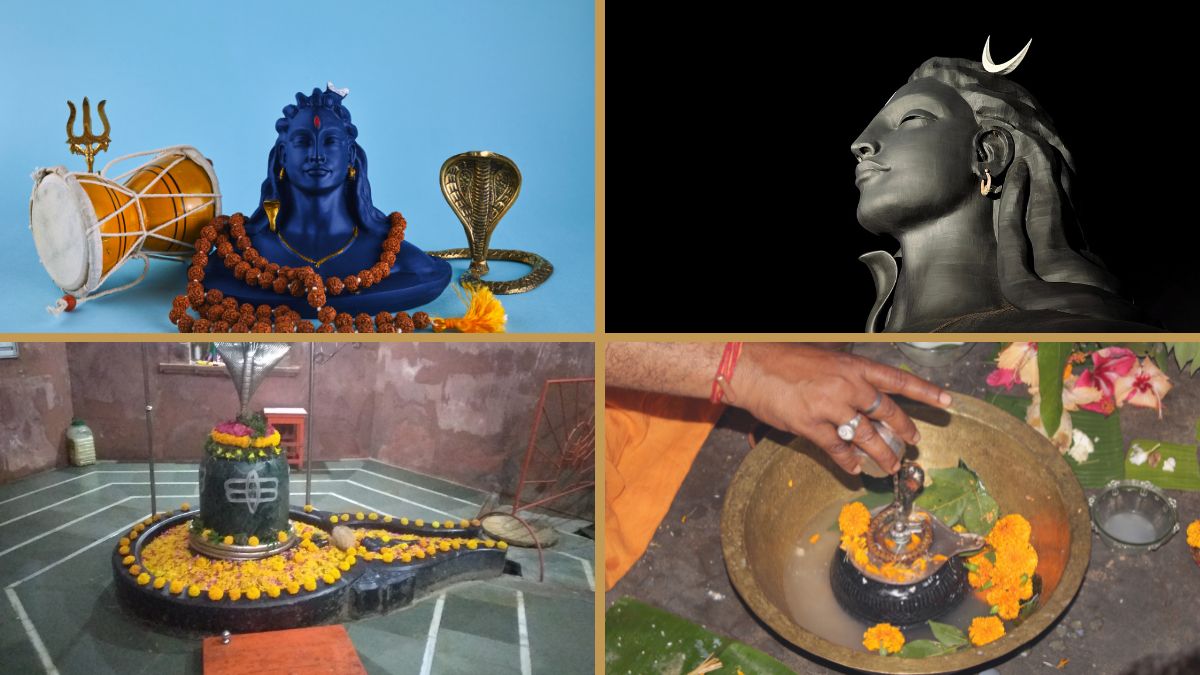
What does Maha Shivratri mean?
Maha means great. Shiv is Lord Shiva and ratri means night. Therefore, Maha Shivratri translates to ‘The Great Night of Shiva.’
It is believed that on the night of Maha Shivratri, Lord Shiva performs the Tandav – cosmic dance of creation and destruction.
This is why temples across the country perform prayer ceremonies, perform specific rituals and chant mantras to acknowledge, celebrate and seek blessings from Lord Shiva on Maha Shivratri.
When is Maha Shivratri celebrated?
Maha Shivratri usually falls either in February or in March each year. The exact date is chosen as per the Hindu calendar.
Note that the night of Shiva ‘Shivratri’ occurs every lunar month. It is the day before the new moon, on the fourteenth day of the lunar month.
However, once each year, during the end of winter and start of summer, that Shivratri is referred to as Maha Shivratri and has immense spiritual significance for Hindus.
History, Origins and Legends of Maha Shivratri
Maha Shivratri is being celebrated in India since the ancient times, well before recorded history. It is believed to be at least 2500 years old.
Some believe Maha Shivratri has been celebrated ever since Hinduism came into existence. Therefore it is one of the oldest and most important festivals for Hindus in a calendar year.
As far as origins and legends are concerned, there are many.
The most popular belief is that it is on the night of Maha Shivratri that Lord Shiva performs the Tandav. The Tandav is defined as either a divine dance or cosmic dance. This dance results in both destruction as well as subsequent creation in the universe. It is essential for the cosmic wheel to turn and continue the cycle of life.
Maha Shivratri is also a balance between male and female energy that is essential for life to exist.
Note that Shivratri and Maha Shivratri have different meanings, origins and legends associated with it.
Social Impact of Maha Shivratri on Indian Society
Maha Shivratri has special spiritual significance for Hindus.
Due to the spiritual leanings of the festival, it is a day that promotes spiritual practices such as meditation, breathing exercises and self-awareness.
The essence of Maha Shivratri has resulted in knowledge about the overall workings of the universe. There is a realization of how creation works in the cosmos and destruction is equally essential for creating life along with other factors.
For some, there is increased awareness of their mortality. They treat life not just as a gift, but there is a realization that death can be a gift as well considering new life is formed eventually from the ashes of those gone by.
There is better appreciation for the wheel of life and to know that the dark is nothing to fear. It is essential for life to move ahead.
Socially, during Maha Shivratri many people like to feed the poor to honour Lord Shiva and treat all life with respect.
Since it is considered as a highly auspicious day, Maha Shivratri also see the start of many new activities and ventures in Indian society.
Final thoughts
Maha Shivratri is one of the oldest celebrated festivals in Hindu culture. It has high spiritual significance in Hinduism.
Maha Shivratri is celebrated to love, honour, respect and pray to Lord Shiva and seek his blessings.
It means The Great Night of Lord Shiva as it is believed to be the night on which the Lord performs his divine dance of Tandava – the dance of both creation and destruction of cosmic life.

